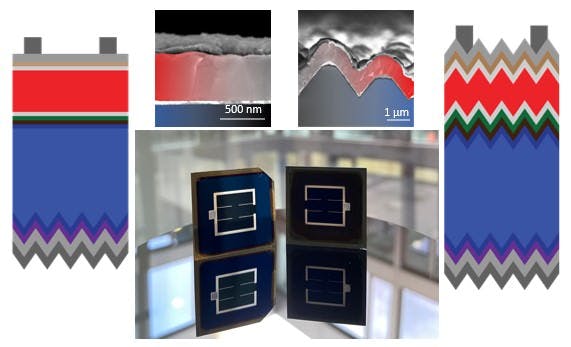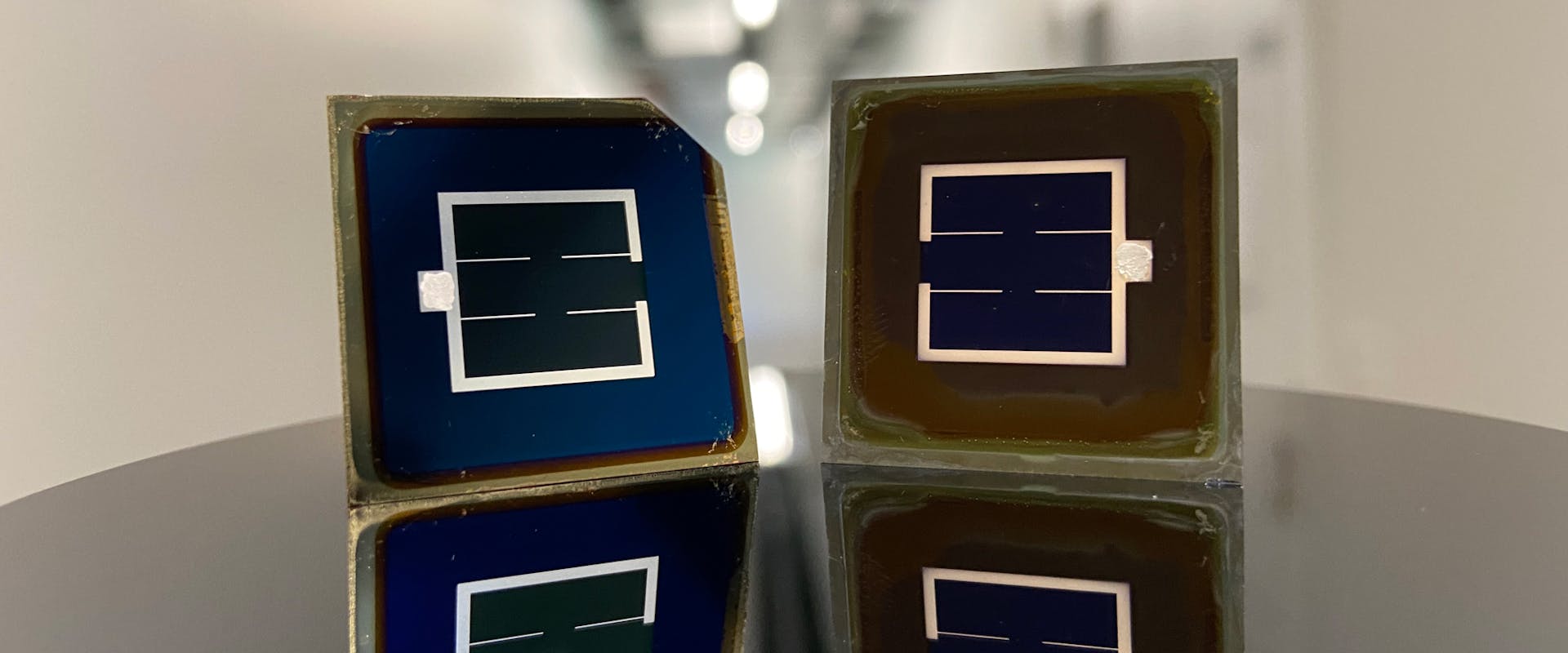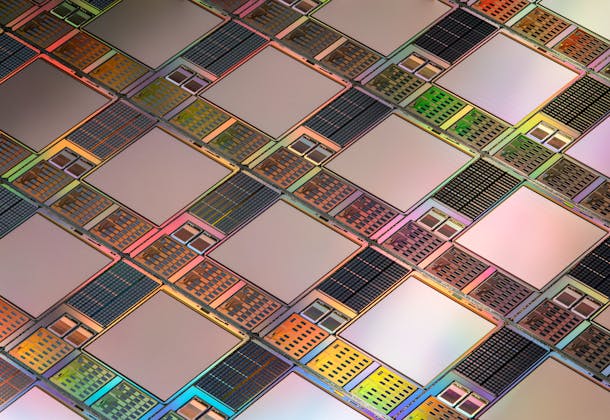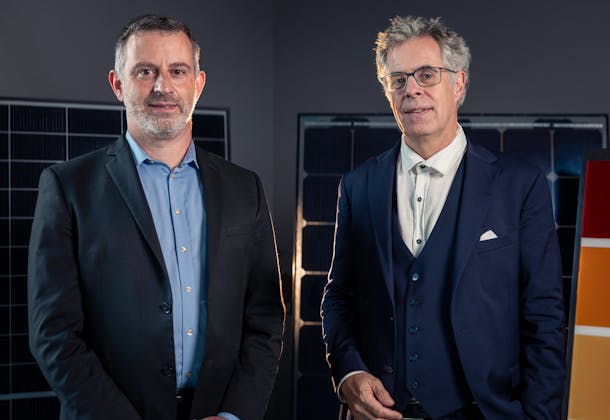
Double World Record Success
“We have passed a psychological barrier,” says Christophe Ballif, Head of the EPFL Photovoltaics Laboratory and CSEM’s Sustainable Energy Center. “We have validated experimentally the high-efficiency potential of perovskite-on-silicon tandems. The 30% efficiency mark had already been achieved with other types of materials, namely III-V semiconductors. However, these materials and the processes used to make them are too expensive to sustain the energy transition – these devices are a thousand times more expensive than silicon solar cells. Our results are the first to show that the 30% barrier can be overcome using low-cost materials and processes, which should open new perspectives for the future of PV,” Ballif enthuses.
The researchers from Neuchâtel have succeeded in improving the efficiency of two kinds of perovskite-on-silicon tandems. Firstly, they adapted materials and fabrication techniques to deposit high-quality perovskite layers from solution on a planarized silicon surface, reaching a power conversion efficiency of 30.93% for a 1 cm2 solar cell. Secondly, by working on a new version of a hybrid vapor/solution processing technique compatible with textured silicon surfaces, they have produced a solar cell with a power conversion efficiency of 31.25% (again on 1 cm2). These results constitute two new world records: one for the planar and one for the textured device architecture. The latter approach provides a higher current and is compatible with the structure of current industrial silicon solar cells. The previous efficiency conversion record for perovskite-on-silicon tandem solar cells was set in 2021 by a team at the Helmholtz Zentrum Berlin, who achieved 29.8%. EPFL’s and CSEM’s new records were independently certified by the National Renewable Energy Laboratory (NREL) in the United States.



